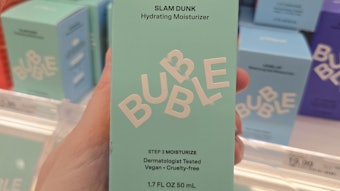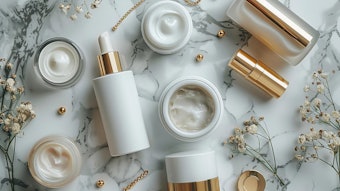
As I write this on Pi Day, I’m feeling philosophical considering beauty in the context of our April edition. In essence, the quest for physical beauty implicates three main processes: protecting, nurturing/maintaining and adorning our physical being.
Adornment, of course, is in the eye of the beholder. This means providing an unlimited selection of color cosmetics, hair styling, hair color, fragrances and more—in different product formats—to meet the taste and preference of every individual.
Nurturing is perhaps a more narrowed product category, in the sense that we are all human and our skin and hair have similar physiologies. So, while there are multiple approaches to cleanse, balance, moisturize and repair hair and skin, many of these are relevant to large consumer sub-segments. In relation, Ryder et al. describe a small chain algal peptide to regulate our cellular sulfur, which can slow the aging process. In addition, Whitfill appeals to our microbiomes for the development of “commensal cosmetics.”
Protection is perhaps the biggest challenge, as we continue to uncover new forces that “undo” all that we do to nurture and maintain. Visible, infrared and UV light are arguably the worst aggressors, for which a full spectrum solution is proposed by Pissavini et al.; and a spray sunscreen strategy is described by Chaudhuri et al. Of course, these are just aspects of radiation; we’ve also targeted pollution, allergens, heat, cold, etc.. So, what’s next? What elements have we missed?
Perhaps there are clues in ancient philosophy. The Greeks put forth the four basic elements: earth, air, fire and water. Later, Aristotle added the ether, or sky. Ayurvedic tradition also describes the “five great elements” of Hinduism—earth, air/wind, fire, water and the ether/space/void. Some scientists today align these concepts with the states of matter: solid (earth), liquid (water), gas (air) and plasma (fire).
Depending on your interpretation, current products seemingly address some of these better than others: earth via cleansing; air via anti-pollution; and fire via sun protection. Could water and the ether be next? While this is an over-simplification, its elementary approach has fueled thought for centuries. Could it not fuel future innovation?











